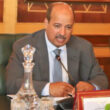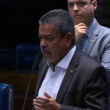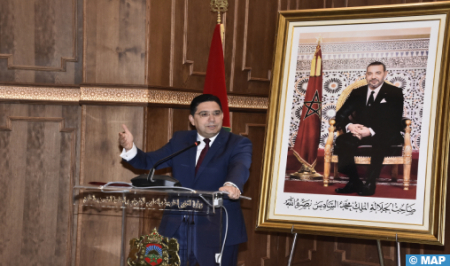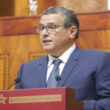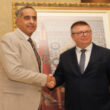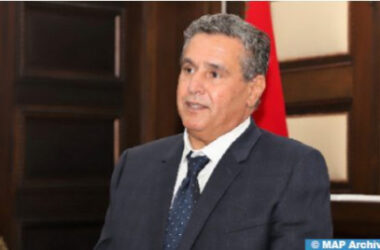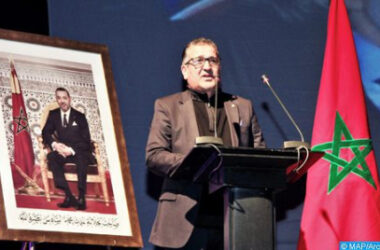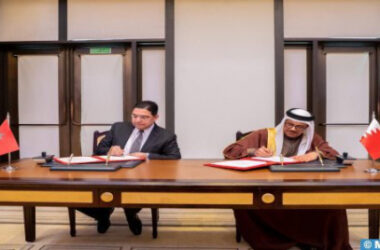Speaking at the opening of the symposium organized by the Moroccan Diplomatic Club in collaboration with the Ministry of Foreign Affairs, African Cooperation and Moroccan expatriates, on the theme: “The Great Royal Reforms and their impact on the dynamism of Moroccan diplomatic action”, Bourita stressed that the impact of the multiple reforms carried out by Morocco is not limited to the national level but also finds echo at the international.
The reforms carried out in the areas of counter-terrorism and extremism, the environment or migration proceed from a Moroccan conviction and a Moroccan context, explained the Minister at this meeting held on the occasion of the 67th anniversary of the National Day of Moroccan diplomacy, considering that the contributions made by Morocco have also been beneficial for international issues.
These reforms “benefit Moroccan diplomacy and give it legitimacy” to address these issues based on the Moroccan experience, he argued.
“It is no coincidence that the Global Compact on Migration was adopted in Marrakech, that Morocco has chaired the Global Forum on Counter-Terrorism for the past seven years, or that it chairs the Africa Focus Group of the Global Coalition Against Daech,” he said.
HM the King has chosen reform as a tool to consolidate stability, allowing Morocco to undertake comprehensive economic, social, legal and constitutional reforms, said Bourita.
Reform in Morocco “is a global issue and not ad hoc or operated under pressure,” he stressed, adding that the Kingdom does not undertake reforms “to satisfy any party, but they stem from the conviction of HM King Mohammed VI that reform is an essential element to consolidate stability and interact with the will of the Moroccan people.
Moroccan diplomacy had a dual role in these reforms, through their enrichment by opening up to the outside and their promotion abroad by establishing them as a diplomatic achievement, said Bourita, noting that “reforms, their results and their processes are a powerful tool for cooperation of Morocco with other countries, especially in the context of South-South cooperation.
Bourita dwelt, in this sense, on the experience of Morocco in the fight against the COVID-19, recalling that the vision of the Sovereign since the beginning of the pandemic was based on three points: that Morocco does not depend on another country, that the Kingdom shares its solutions with its brothers and partners and that it draws the lessons that are required from this experience.
Morocco, which has undertaken a range of measures to combat the pandemic, has not been a burden to any other country. It has developed and built on its strengths, he said, adding that when the Kingdom was able to manufacture protective equipment against the pandemic, the first thing that HM the King thought of was how to share these solutions with African countries.
He concluded that the reforms undertaken by the Kingdom are now influencing the positions of some countries in relation to the national cause, noting that these reforms “sometimes disturb some, while others see them as challenges, which leads to misunderstandings.”


